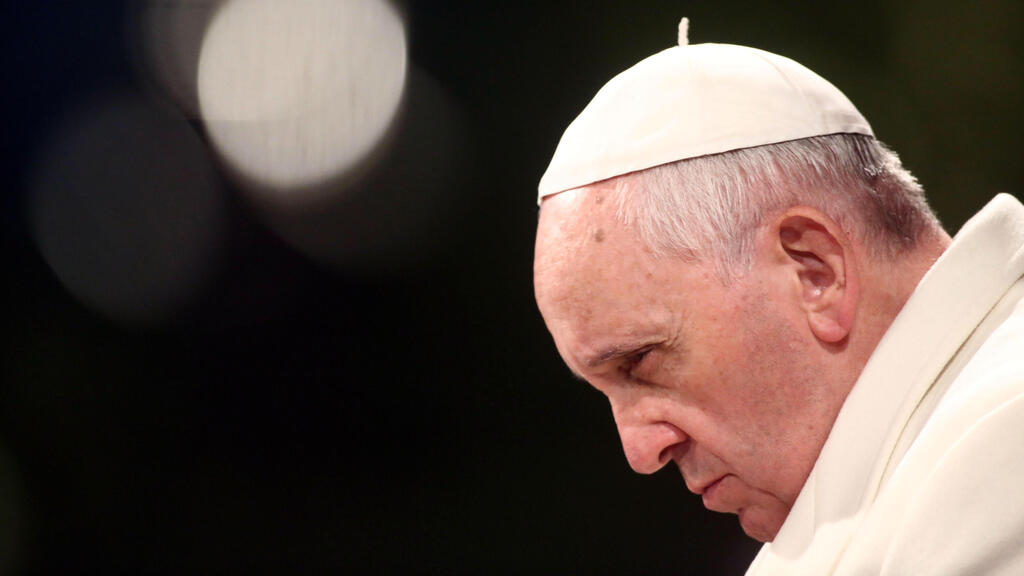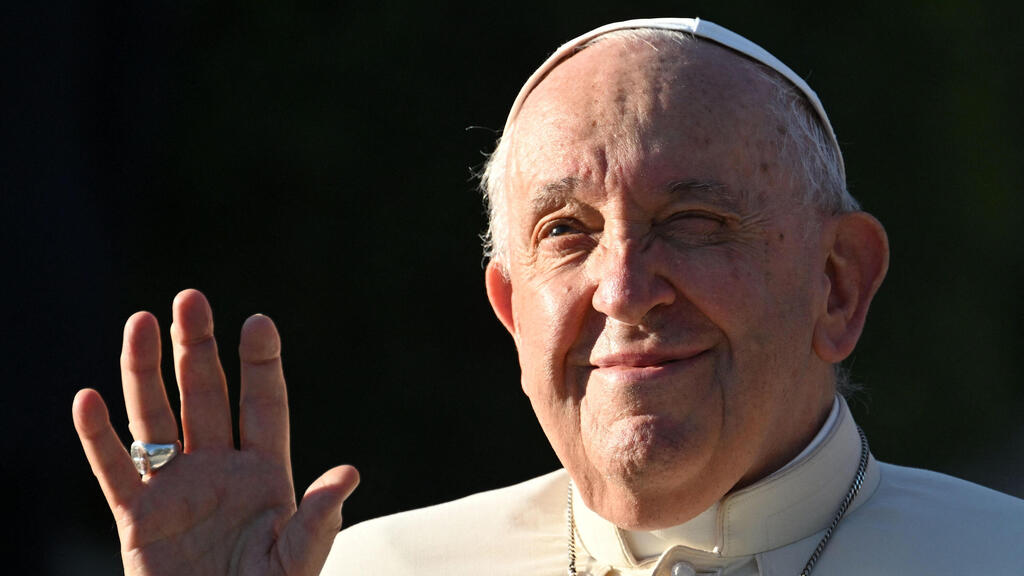Getting your Trinity Audio player ready...
In the ongoing struggle within the Catholic Church between conservatives and liberals, Pope Francis, who died after 12 years in office on Monday, will be remembered as aligning more closely with the latter. His agenda focused on issues such as climate change, opposition to the global arms industry — especially nuclear weapons — and reducing social inequality, particularly hunger and food insecurity.
He also tackled divisive topics within the Church, drawing criticism from conservatives for his more accepting stance toward same-sex couples (though he continued to view homosexuality as sinful), his reduction of Latin in prayers in favor of modern languages and his pursuit of dialogue with other faiths and Christian denominations without asserting Catholic superiority.
The current moment and what lies ahead
The election of Jorge Mario Bergoglio — the Argentine cardinal from Buenos Aires — in March 2013 as the first pope from the Americas and the Southern Hemisphere, reflected a demographic shift among the Church’s faithful, a trend that has only grown stronger. As Catholicism has declined in Europe, it has gained ground in the Global South—in sub-Saharan Africa, Asia and Latin America.
Notable countries in this trend include Nigeria, the Philippines and Brazil. Roughly 75% of the 138 cardinals eligible to vote in the next conclave were appointed by Pope Francis. Many come from these growing Catholic communities, increasing the likelihood that the next pope will be someone who reflects this changing landscape — possibly an Asian or Black African.
Still, after Francis’s often contentious and turbulent papacy and with both of his predecessors being European but not Italian, the College of Cardinals may now seek a return to tradition and stability by electing an Italian.
Two prominent names in this context are Cardinal Matteo Zuppi, head of the Italian Episcopal Conference — known for his charisma and diplomatic skills, including his Vatican-backed mediation between Russia and Ukraine to return Ukrainian children to their families — and Cardinal Pierbattista Pizzaballa, the Latin Patriarch of Jerusalem.
Get the Ynetnews app on your smartphone: Google Play: https://bit.ly/4eJ37pE | Apple App Store: https://bit.ly/3ZL7iNv
Pizzaballa has lived in Israel for decades, speaks fluent Hebrew and knows the region well. However, both men are in their 60s, which could work against them if the electors prefer an older candidate to avoid another long papacy.
Relations with Israel and the Jewish world after October 7
As someone who served as Israel’s ambassador to the Vatican on October 7, 2023, and for nearly a year afterward, I regret to say that Pope Francis and the Vatican could have taken a fairer stance. While I believe the late pope’s attitude toward Jews was fundamentally positive and accusations of antisemitism were baseless, he deserves serious criticism on several fronts.
These include his near silence on the multi-front regional aggression against Israel, a vague position on Israel’s right to self-defense and his failure to condemn antisemitic and anti-Israel rhetoric from Muslim figures — including statements made at Vatican meetings.
The only positive exception was his call for the hostages’ release, though even that effort was inconsistent.
 Raphael Schutz
Raphael SchutzThe relationship between Israel, the global Jewish community and the Vatican had gradually improved since the Church’s doctrinal shift toward Jews as expressed in the Nostra Aetate declaration — marking its 60th anniversary this year.
However, that progress suffered a serious blow in the wake of the Vatican’s post-October 7 policies and a repair will be needed. The responsibility lies primarily with the Vatican, but Israel, too, must address growing displays of Christian hatred and their disturbing manifestations in Jerusalem and other places.
- Raphael Schutz is a retired diplomat. He previously served as Israel’s ambassador to Spain, Norway, Colombia and most recently to the Holy See.



